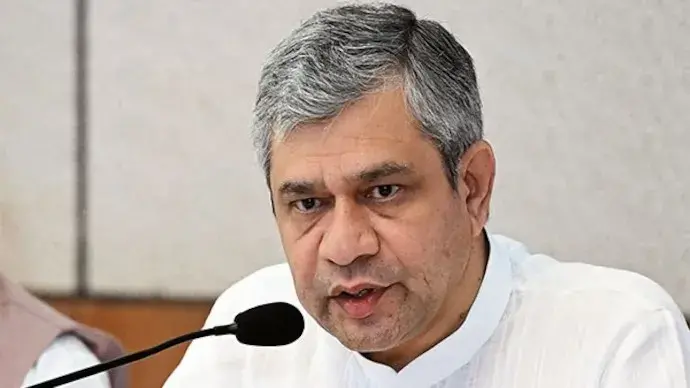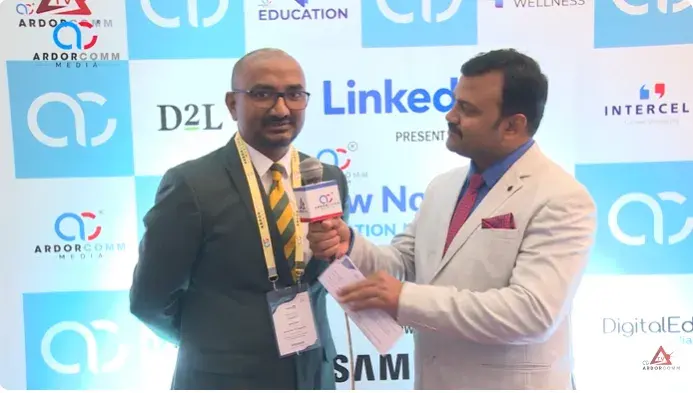Australia Plans Charges for Big Tech Over Unpaid News Content
Australia’s government announced plans on Thursday to introduce new regulations compelling major tech companies like Meta (Facebook’s parent company) and Google to pay Australian media outlets for news content shared on their platforms. The proposed rules aim to create financial penalties for companies failing to negotiate fair compensation with news publishers, marking another step in Australia’s intensified scrutiny of Big Tech. Assistant Treasurer and Minister for Financial Services Stephen Jones outlined the initiative during a press conference. He explained that the regulations would apply to digital platforms generating over $250 million in Australian revenue, targeting significant social media networks and search engines. Platforms that fail to establish voluntary commercial agreements with media outlets may face charges amounting to millions of dollars. “The news bargaining initiative will provide a strong incentive for platforms and media businesses to strike commercial deals,” Jones stated, emphasizing the government’s commitment to fair revenue-sharing practices. Tech companies have criticized the proposed legislation. A Meta spokesperson argued the move disregards platform dynamics, pointing out that most users do not access their platforms for news and that publishers willingly post content to benefit from increased exposure. Similarly, a Google representative warned that the policy could jeopardize existing commercial agreements with news publishers in Australia. Australia’s tough stance on Big Tech is not new. In 2021, it enacted laws requiring platforms to pay for news links, prompting Meta to temporarily block news sharing before reaching deals with several Australian media firms. However, Meta has since scaled back news-related initiatives globally, including plans to discontinue its Facebook news tab in Australia by 2024. Media groups, including Rupert Murdoch’s News Corp, have welcomed the government’s latest proposal. News Corp Australia Executive Chairman Michael Miller expressed optimism about building beneficial partnerships with platforms like Meta and TikTok, calling for mutually advantageous relationships between publishers and tech companies.



